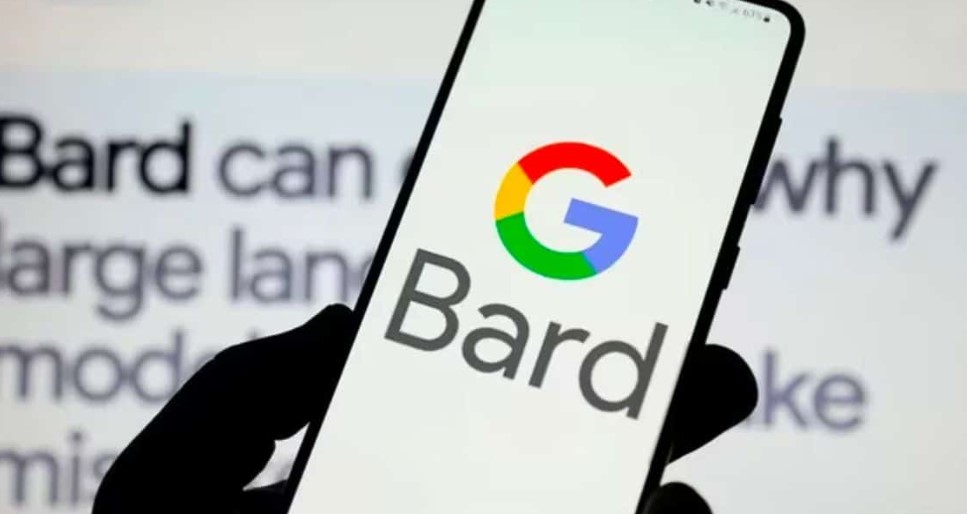Swahili has become the first African language in Google’s conversational artificial intelligence (AI) service, Bard.
Google has also added 39 new languages in 59 countries and territories.
Other dialects include Chinese, German, Spanish, Arabic, Hindi, and Spanish.
Bard is now accessible to users in their chosen language, with text-to-speech functionality available in eight languages.
Google Sub-Saharan Africa Head of Communications and Public Affairs Dorothy Ooko noted that the inclusion is the largest expansion for global availability as a great democratizer of knowledge.
“That’s why we created Bard: to help you explore that curiosity, augment your imagination and ultimately get your ideas off the ground — not just by answering your questions, but by helping you build on them.”
According to UNESCO, Swahili is among the world's ten most widely spoken languages, with more than 200 million speakers.
“The launch of Bard in Swahili is a major milestone as it allows Bard to reach even more people in Africa, where approximately 150 million people speak Swahili,” Google Language Manager Rachael Ndichu said.
“This makes Bard more accessible to everyone in the region, and we believe that it has the potential to be a powerful tool for creativity and learning,” he said.
“We are excited to see how people in the region use Bard to explore their ideas and discover new things.”
The new features included in the expansion include Listen to Comments, which are accessible in over 40 languages and let users hear Bard's comments after selecting the sound icon.
This is especially useful if they wish to hear a word spoken correctly, hear a poem, or play read-aloud.
Users can now change the tone and style of Bard's responses to one of five options: simple, long, short, professional, or casual.
English is the current language for this function, which will soon be available in more.












